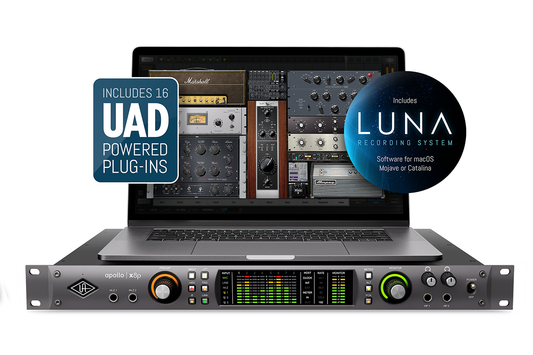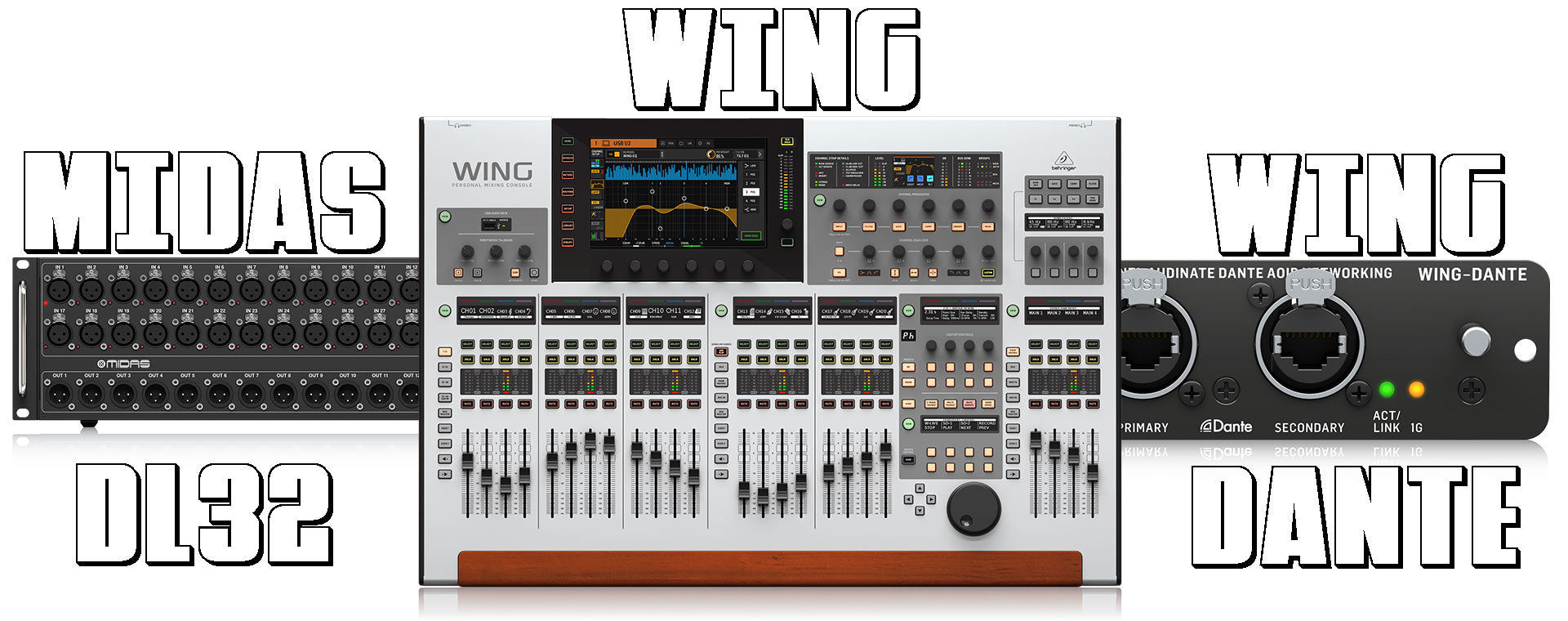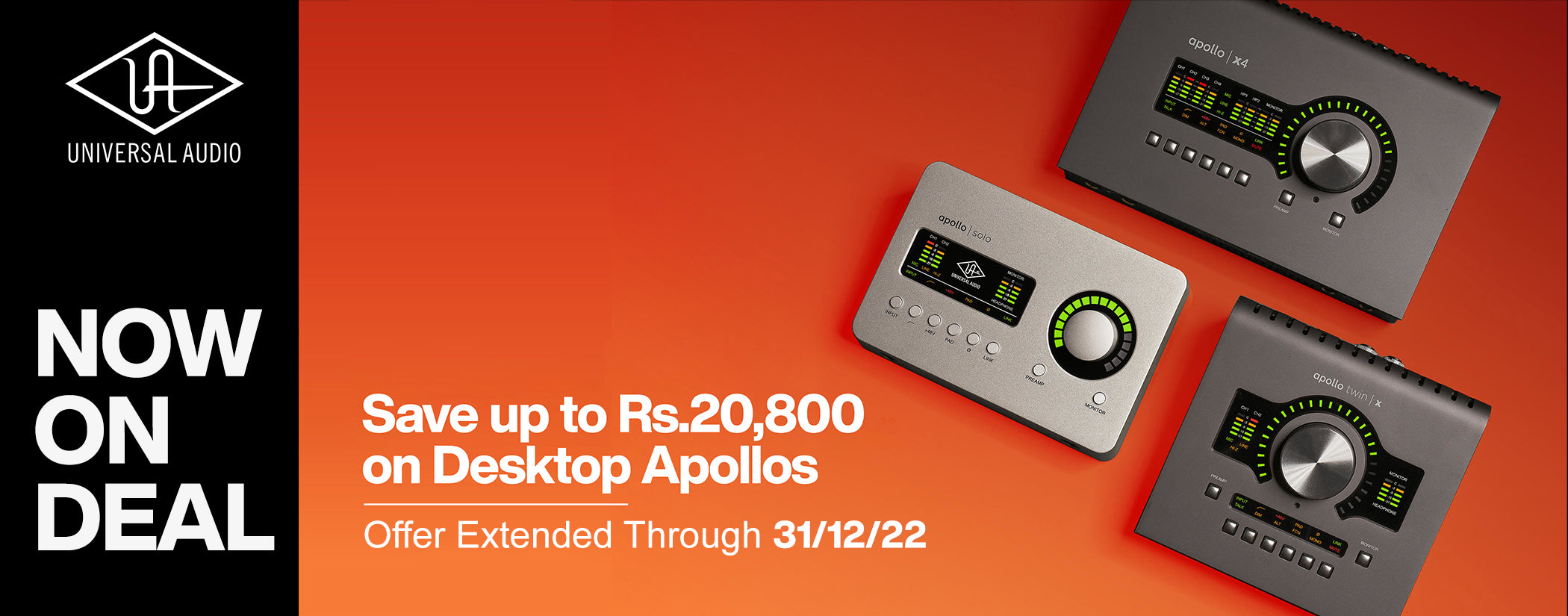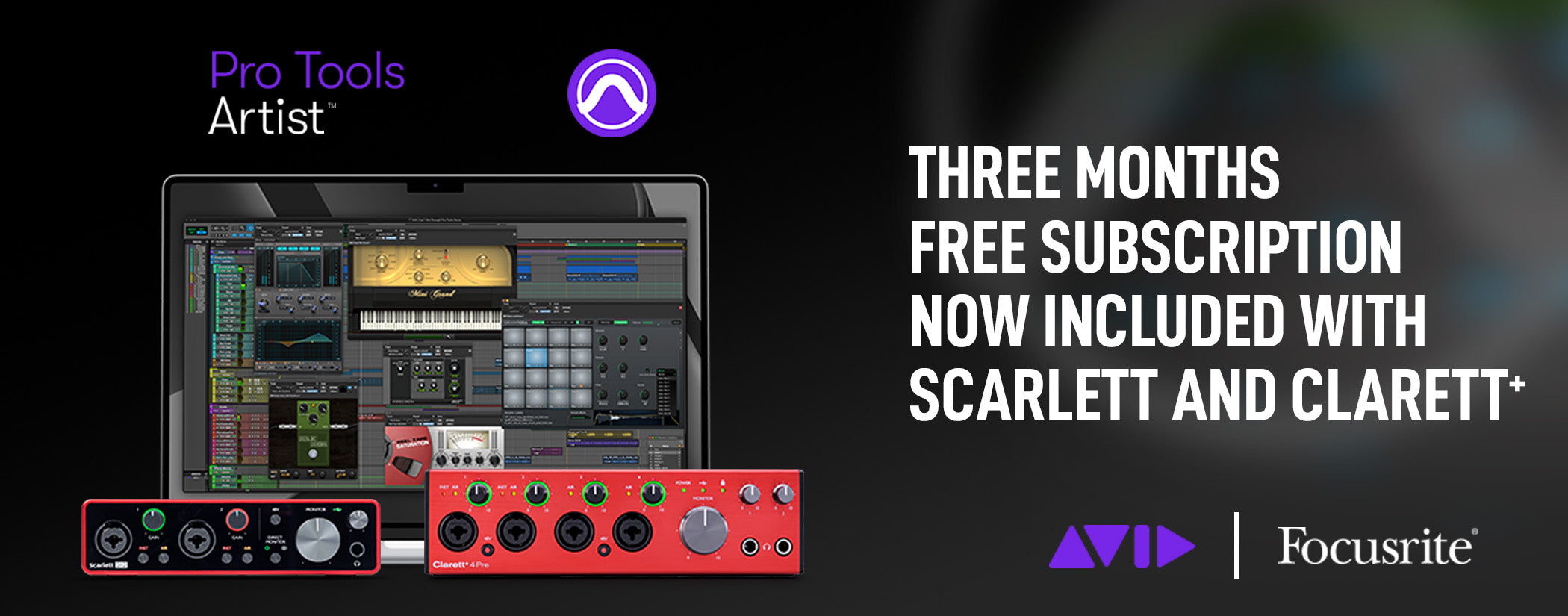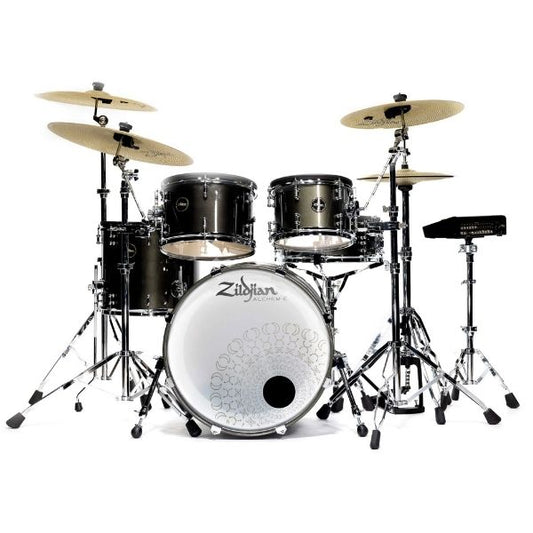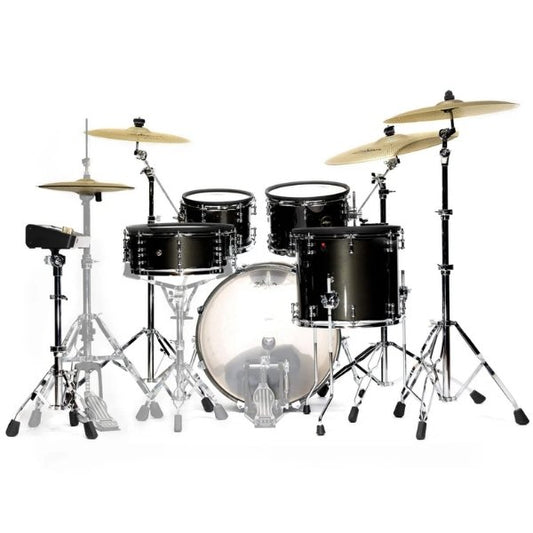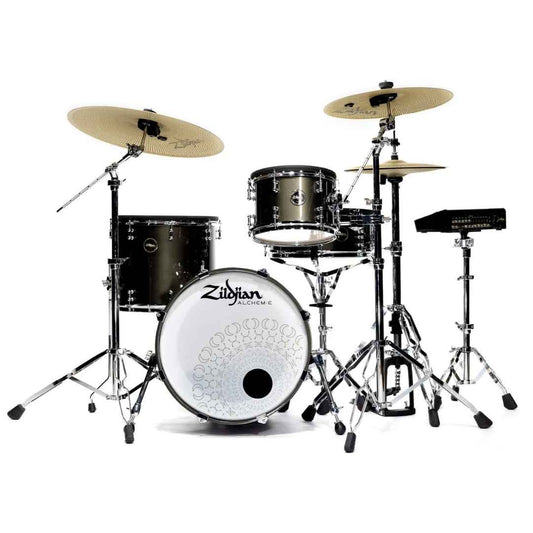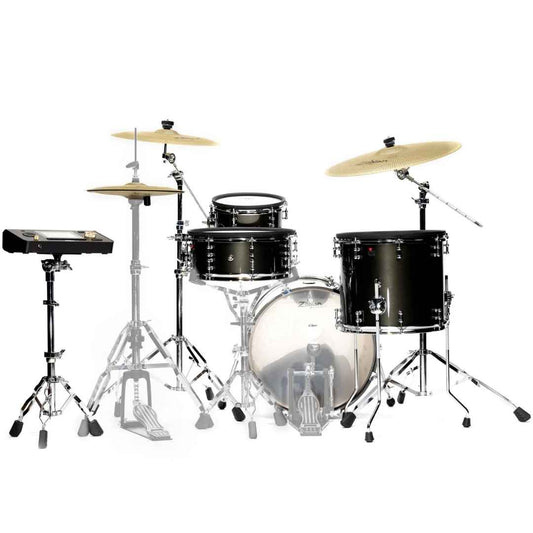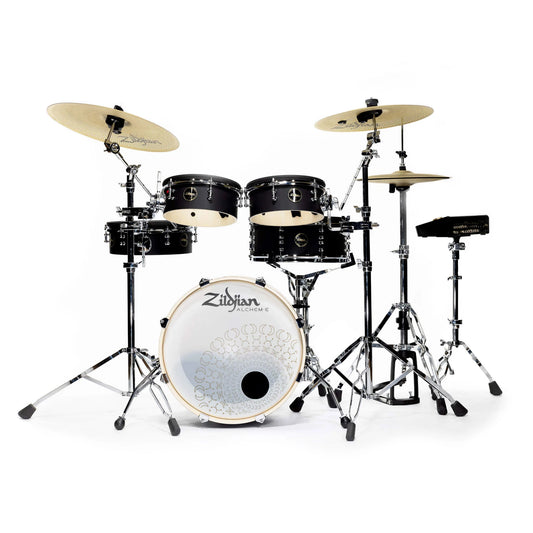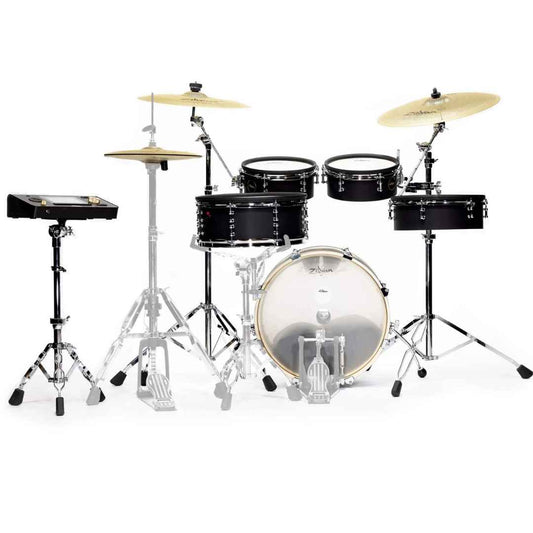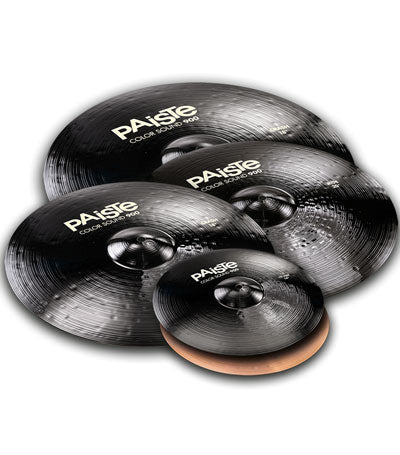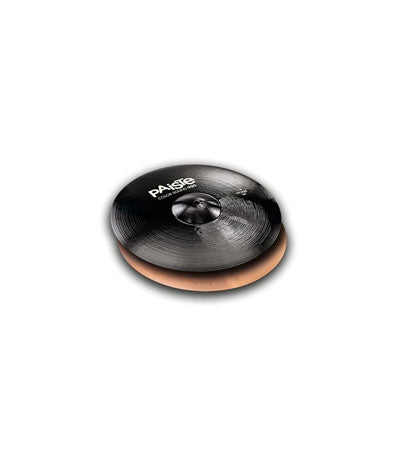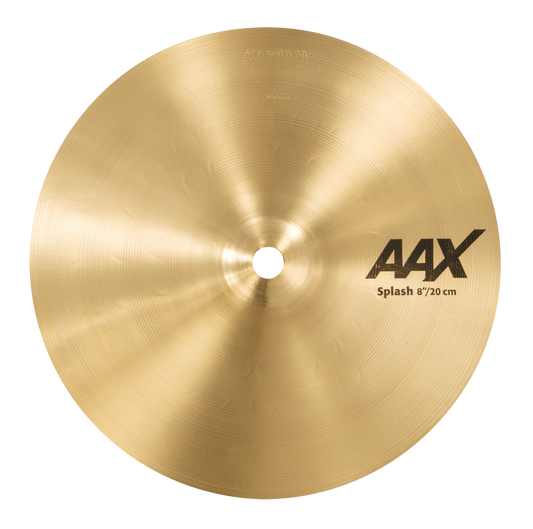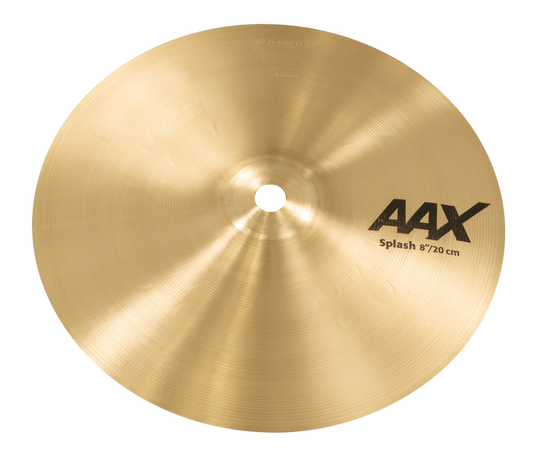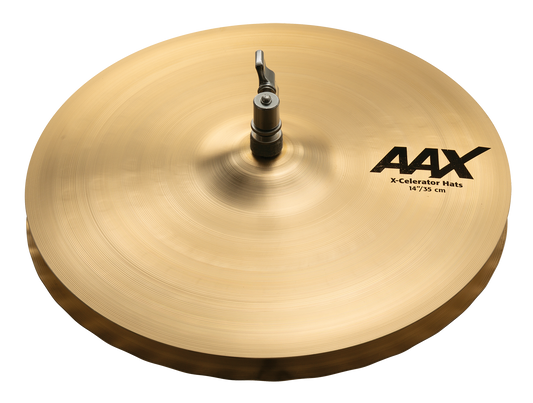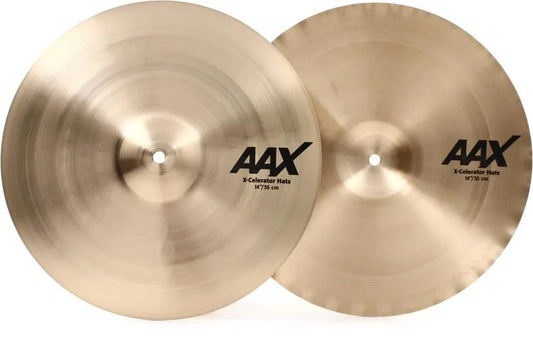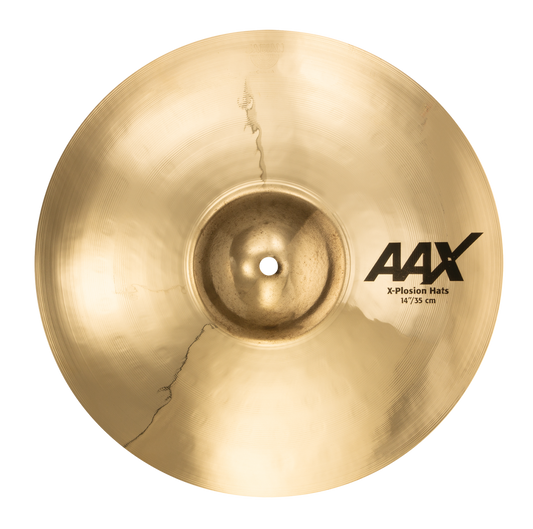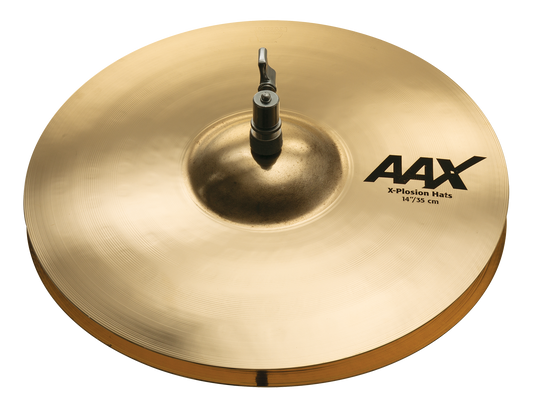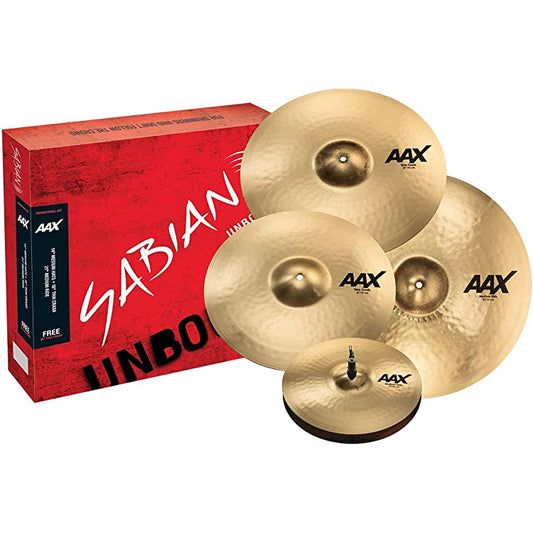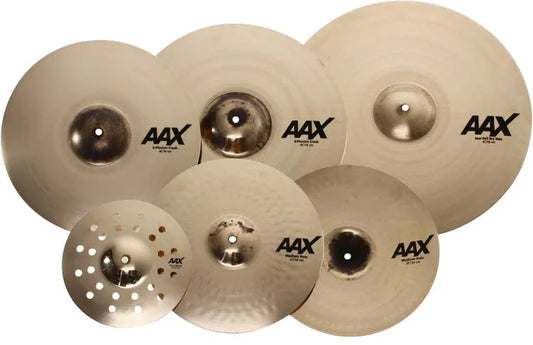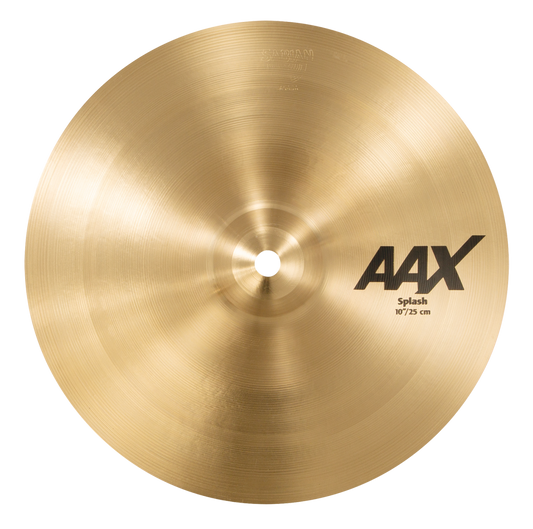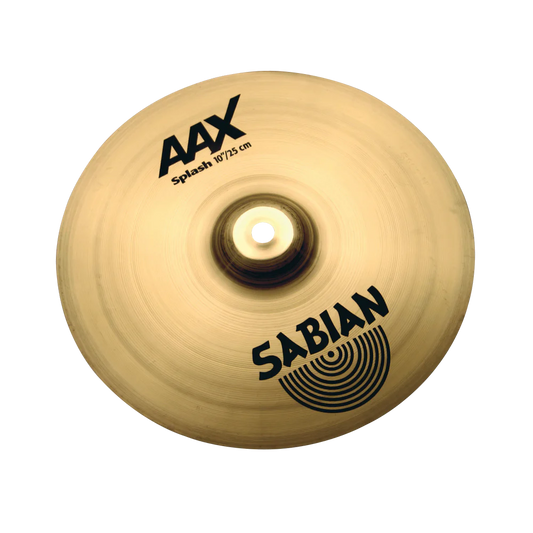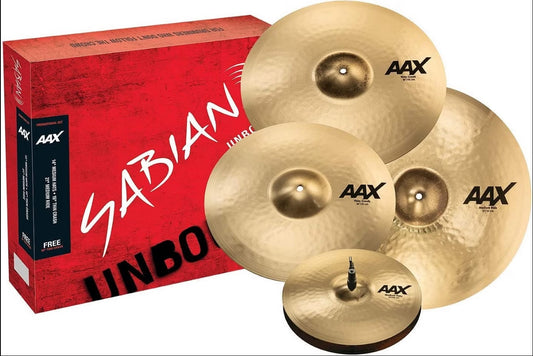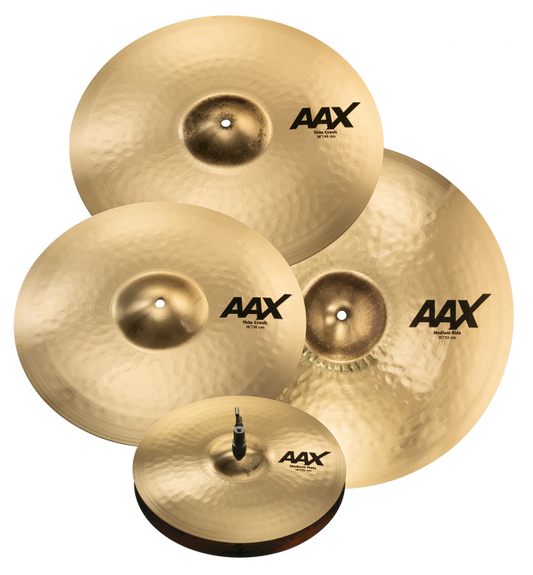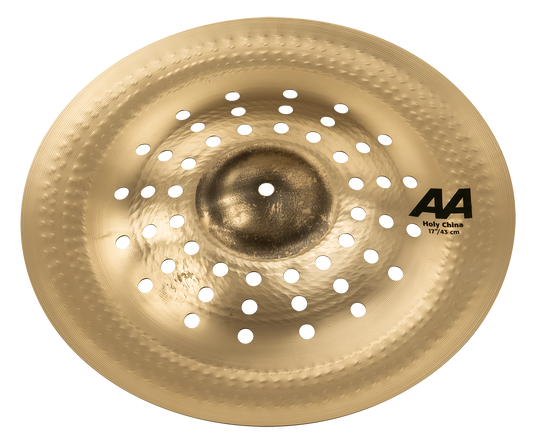-
Tannoy Reveal 402 4-inch Powered Studio Monitor - Pair
Vendor:TannoyRegular price Rs. 32,648.00Regular priceUnit price perRs. 37,648.00Sale price Rs. 32,648.00Sold out -
Tannoy Reveal 502 5-inch Powered Studio Monitor - Pair
Vendor:TannoyRegular price Rs. 40,500.00Regular priceUnit price perRs. 51,098.00Sale price Rs. 40,500.00Sold out -
Tannoy Reveal 802 8-inch Powered Studio Monitor - Pair
Vendor:TannoyRegular price Rs. 63,512.00Regular priceUnit price perRs. 73,512.00Sale price Rs. 63,512.00Sold out -
TG DRUM SET PRO L Drum Microphone Set
Vendor:BeyerdynamicRegular price Rs. 119,137.00Regular priceUnit price perRs. 132,374.00Sale price Rs. 119,137.00Sale -
Universal Audio 1176-SA Stereo Adapter 1176 Limiting Amplifiers
Vendor:Universal AudioRegular price Rs. 19,750.00Regular priceUnit price perRs. 20,790.00Sale price Rs. 19,750.00Sold out -
Universal Audio Apollo Solo USB - USB Audio Interface (for Windows) [Heritage Edition]
Vendor:Universal AudioRegular price Rs. 51,243.00Regular priceUnit price perRs. 53,940.00Sale price Rs. 51,243.00Sale -
Universal Audio Apollo Twin Duo MK2 [Heritage Edition]
Vendor:Universal AudioRegular price Rs. 102,585.00Regular priceUnit price perRs. 107,985.00Sale price Rs. 102,585.00Sale -
Universal Audio Apollo Twin USB [Heritage Edition]
Vendor:Universal AudioRegular price Rs. 102,585.00Regular priceUnit price perRs. 107,985.00Sale price Rs. 102,585.00Sale -
Universal Audio Apollo Twin X Duo [Heritage Edition]
Vendor:Universal AudioRegular price Rs. 102,585.00Regular priceUnit price perRs. 107,985.00Sale price Rs. 102,585.00Sale -
Universal Audio Apollo Twin X Quad [Heritage Edition]
Vendor:Universal AudioRegular price Rs. 153,928.00Regular priceUnit price perRs. 162,030.00Sale price Rs. 153,928.00Sale -
Universal Audio Apollo x16 [Heritage Edition]
Vendor:Universal AudioRegular price Rs. 362,059.00Regular priceUnit price perRs. 381,115.00Sale price Rs. 362,059.00Sale -
Universal Audio Apollo x16 [Heritage Edition] + SPHERE L22 Microphone
Vendor:Universal AudioRegular price Rs. 469,266.00Regular priceUnit price perRs. 537,280.00Sale price Rs. 469,266.00Sold out -
Universal Audio Apollo x4 [Heritage Edition]
Vendor:Universal AudioRegular price Rs. 205,276.00Regular priceUnit price perRs. 216,080.00Sale price Rs. 205,276.00Sale -
Universal Audio Apollo x6 + SPHERE L22 Microphone
Vendor:Universal AudioRegular price Rs. 295,790.00Regular priceUnit price perRs. 331,785.00Sale price Rs. 295,790.00Sold out -
Universal Audio Apollo x6 [Heritage Edition]
Vendor:Universal AudioRegular price Rs. 252,110.00Regular priceUnit price per -
Universal Audio Apollo x6 [Heritage Edition] + SPHERE L22 Microphone 0 reviews
Vendor:Universal AudioRegular price Rs. 323,155.00Regular priceUnit price perRs. 369,150.00Sale price Rs. 323,155.00Sold out -
Universal Audio Apollo x8 (Rack/Mac/Win/TB3)
Vendor:Universal AudioRegular price Rs. 285,382.00Regular priceUnit price perRs. 292,700.00Sale price Rs. 285,382.00Sold out -
Universal Audio Apollo x8 [Heritage Edition] + SPHERE L22 Microphone
Vendor:Universal AudioRegular price Rs. 409,800.00Regular priceUnit price perRs. 415,850.00Sale price Rs. 409,800.00Sold out -
Universal Audio Apollo x8p (Rack/Mac/Win/TB3)
Vendor:Universal AudioRegular price Rs. 338,091.00Regular priceUnit price perRs. 346,760.00Sale price Rs. 338,091.00Sale -
Universal Audio Apollo x8P + SPHERE L22 Microphone
Vendor:Universal AudioRegular price Rs. 428,540.00Regular priceUnit price perRs. 434,535.00Sale price Rs. 428,540.00Sold out -
Universal Audio Apollo x8P + SPHERE L22 Microphone
Vendor:Universal AudioRegular price Rs. 428,540.00Regular priceUnit price perRs. 434,535.00Sale price Rs. 428,540.00Sold out -
Universal Audio Apollo x8p Heritage Edition (Rack/Mac/Win/TB3)
Vendor:Universal AudioRegular price Rs. 343,952.00Regular priceUnit price perRs. 362,055.00Sale price Rs. 343,952.00Sale -


Universal Audio Apollo x8p Heritage Edition 16 x 22 Thunderbolt 3 Audio Interface with UAD DSP
Vendor:Universal AudioRegular price Rs. 323,155.00Regular priceUnit price perRs. 369,150.00Sale price Rs. 323,155.00Sold out -
Universal Audio Apollo x8P [Heritage Edition] + SPHERE L22 Microphone
Vendor:Universal AudioRegular price Rs. 485,900.00Regular priceUnit price per

FOCAL PRO
DISCOVER THE PROFESSIONAL AUDIO FOCAL PRODUCTS
This is the Focal Professional philosophy. These professional monitors are conveived right from the first stages of R&D to reporduce the sound signal without distorsion.
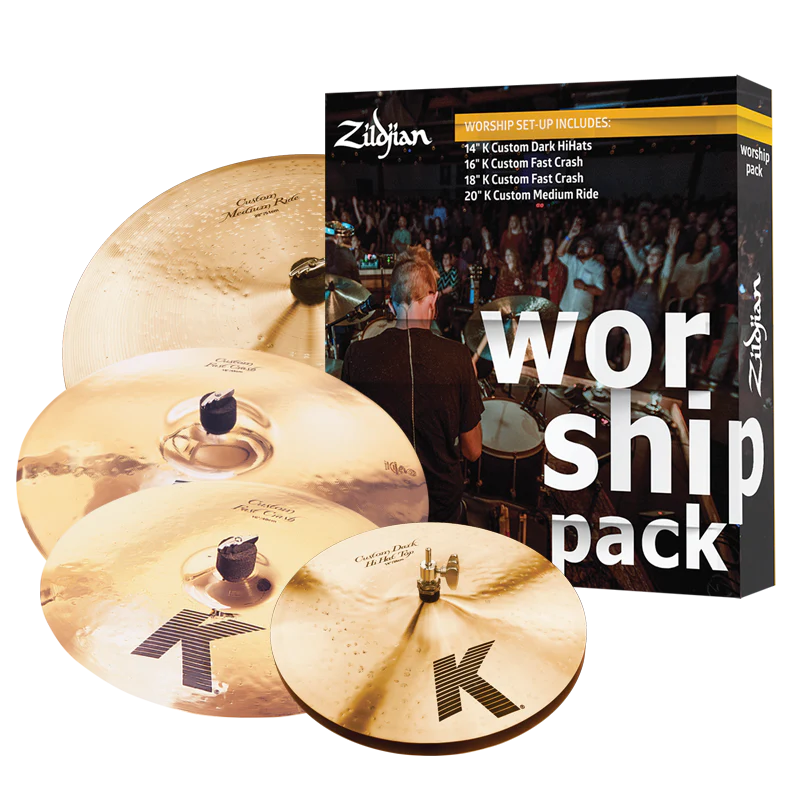
ZILDJIAN CYMBALS
Blending old world concepts and new world techniques,Zildjianhas evolved with both music and technology, continuing to innovate the process of cymbal...

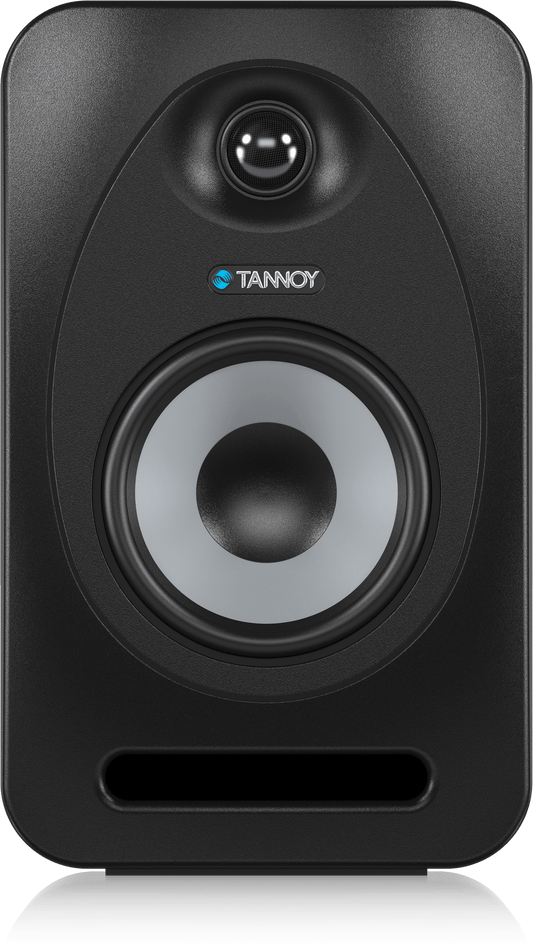
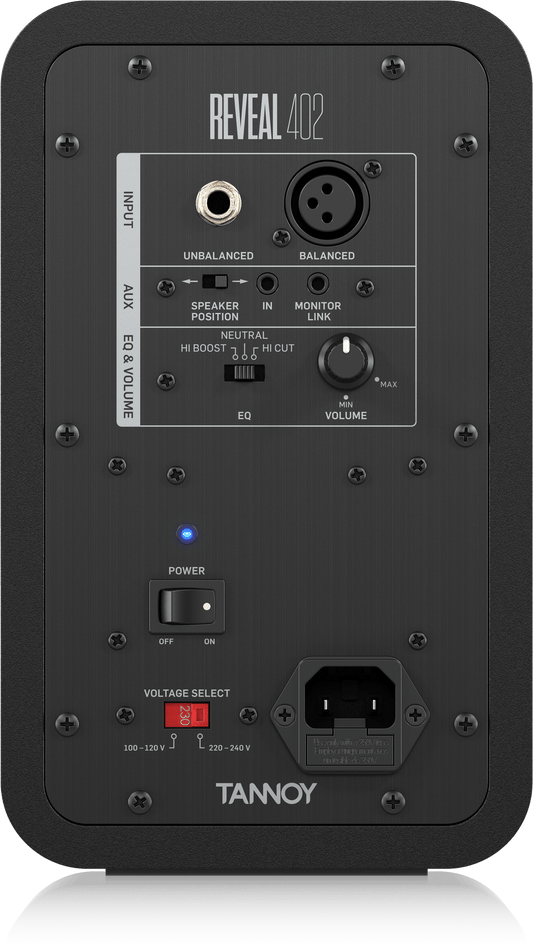
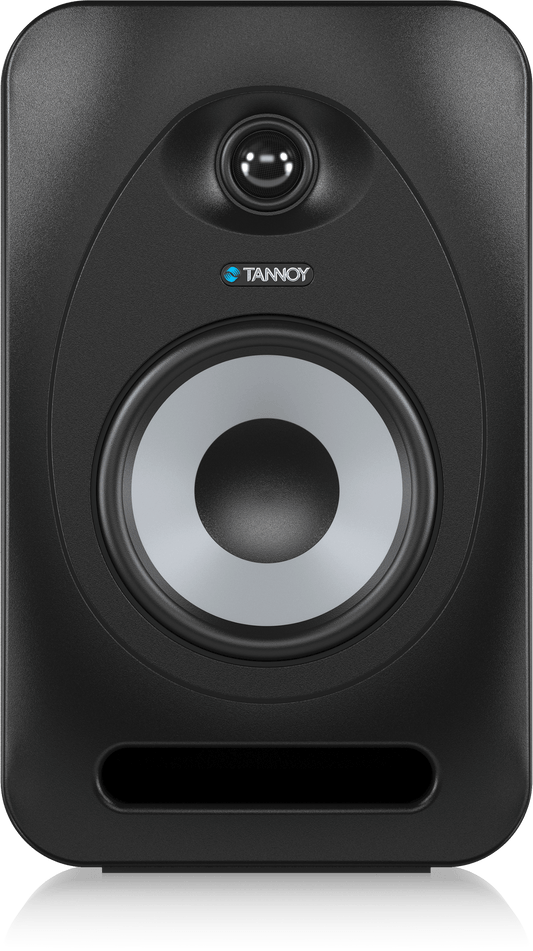
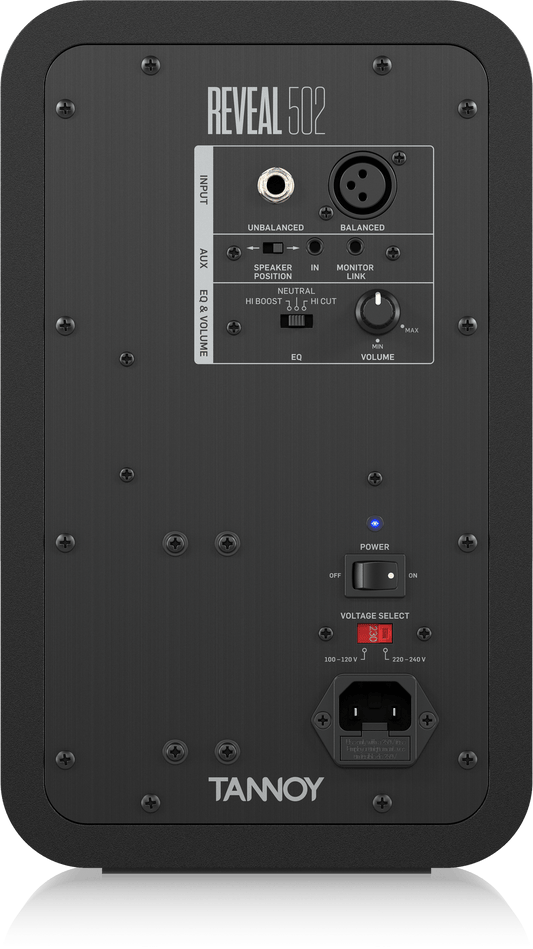
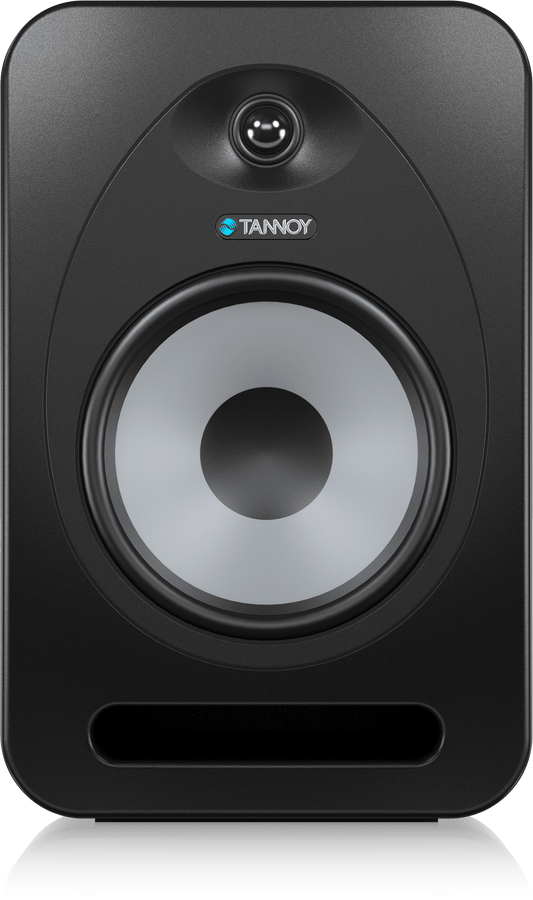
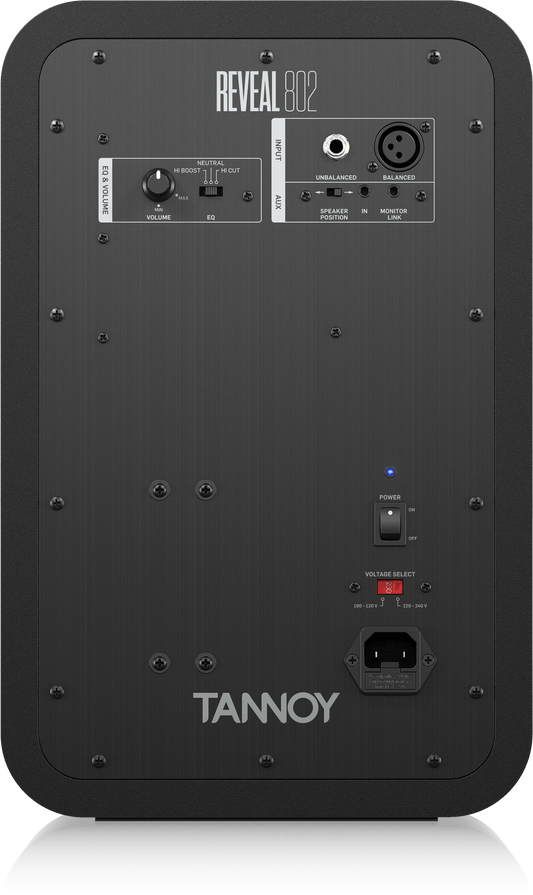
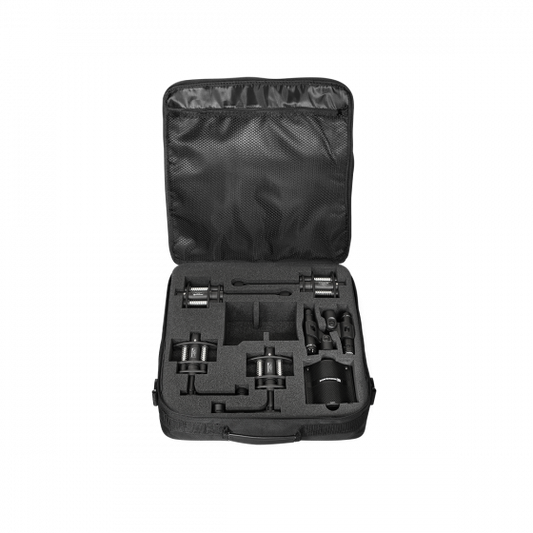
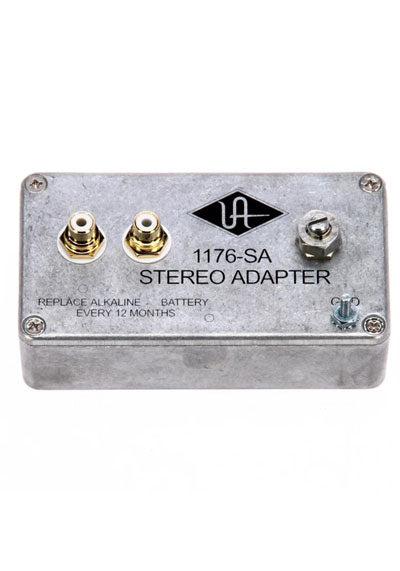
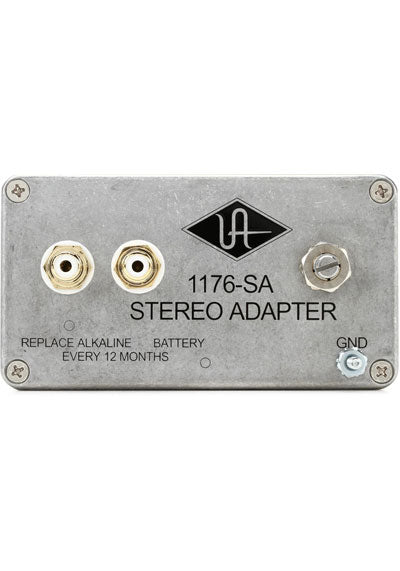
![Universal Audio Apollo Solo USB - USB Audio Interface (for Windows) [Heritage Edition]](http://jubalstore.com/cdn/shop/products/6.jpg?v=1671021346&width=533)
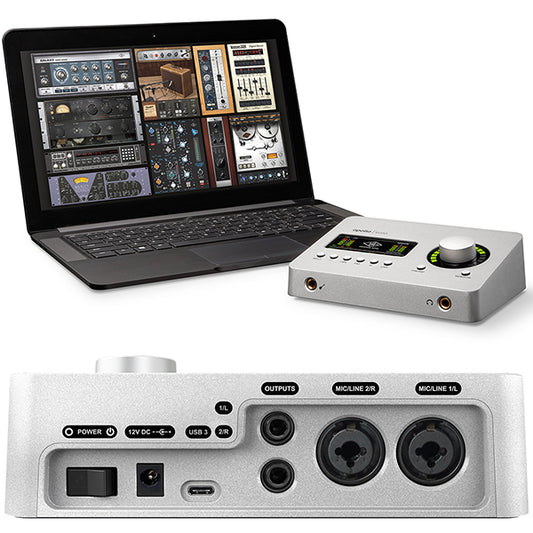
![Universal Audio Apollo Twin Duo MK2 [Heritage Edition]](http://jubalstore.com/cdn/shop/products/1_a416e828-2a90-48cd-94ae-c50f030c8030.jpg?v=1671024463&width=533)
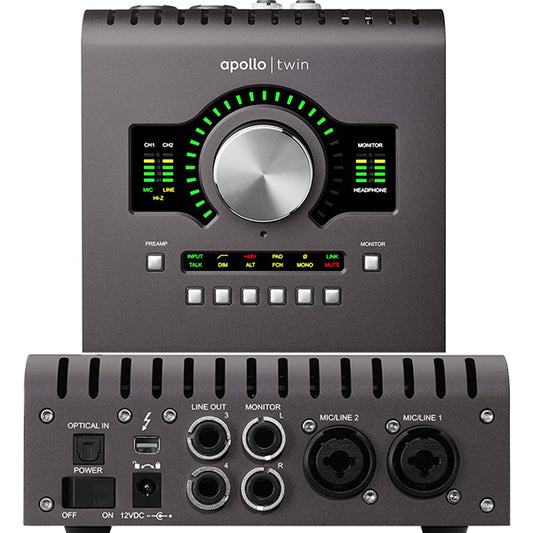
![Universal Audio Apollo Twin USB [Heritage Edition]](http://jubalstore.com/cdn/shop/products/1ApolloTwinUSB-1200x800.jpg?v=1671025111&width=533)
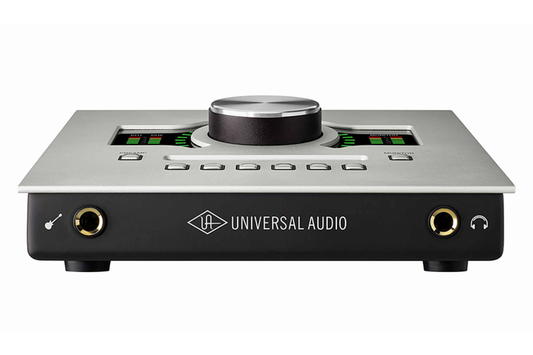
![Universal Audio Apollo Twin X Duo [Heritage Edition]](http://jubalstore.com/cdn/shop/products/UA_ApolloTwinX-1200x800.jpg?v=1671025867&width=533)

![Universal Audio Apollo Twin X Quad [Heritage Edition]](http://jubalstore.com/cdn/shop/products/1-UAD-Apollo-X-Quad.png?v=1671086313&width=533)
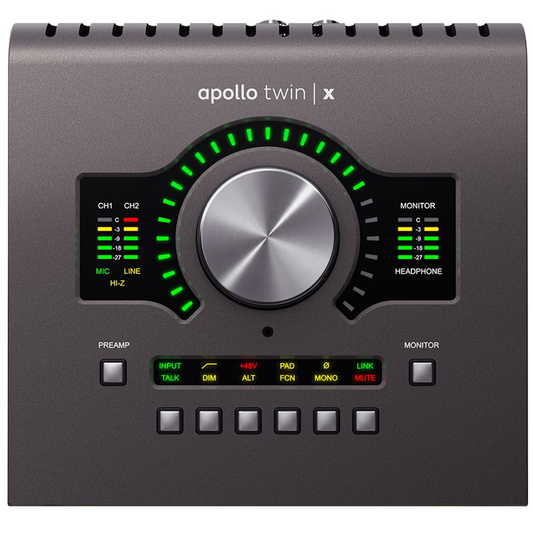
![Universal Audio Apollo x16 [Heritage Edition]](http://jubalstore.com/cdn/shop/products/1-Universal-Audio-Apollo-X16.jpg?v=1671086739&width=533)

![Universal Audio Apollo x16 [Heritage Edition] + SPHERE L22 Microphone](http://jubalstore.com/cdn/shop/products/NewSpherefreeHomebannerma-1200x800.jpg?v=1671087073&width=533)
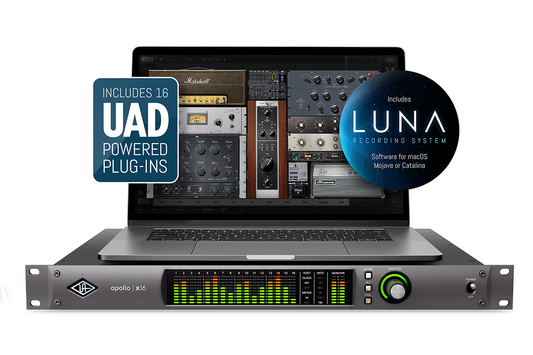
![Universal Audio Apollo x4 [Heritage Edition]](http://jubalstore.com/cdn/shop/products/0apollo_x4_carousel_display.jpg?v=1671087398&width=533)
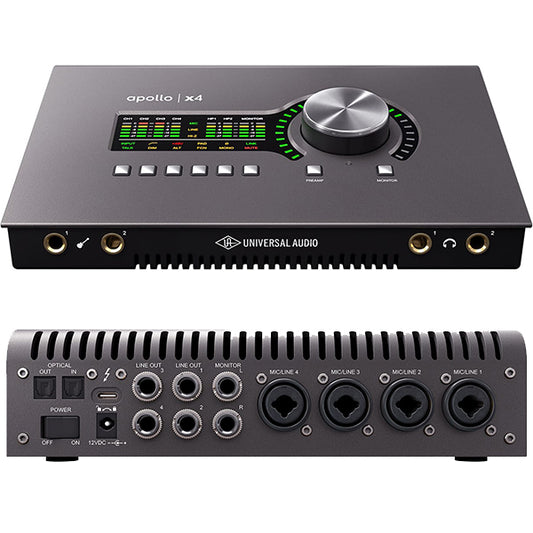

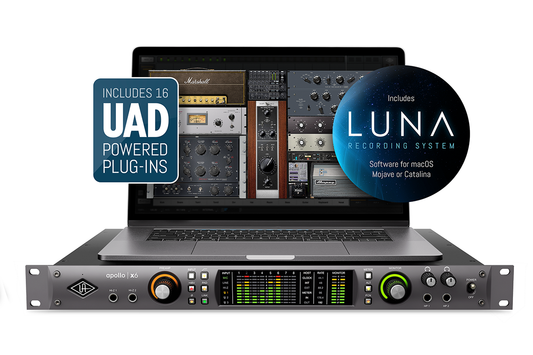
![Universal Audio Apollo x6 [Heritage Edition]](http://jubalstore.com/cdn/shop/products/UA_X6-1200x800_8f17db67-45f3-4932-9165-24d1e69de5bb.png?v=1671090045&width=533)

![Universal Audio Apollo x6 [Heritage Edition] + SPHERE L22 Microphone 0 reviews](http://jubalstore.com/cdn/shop/products/NewSpherefreeHomebannerma-1200x800_5c0c84d5-bba5-44cb-a3f6-1357dd6bd25c.jpg?v=1671088540&width=533)

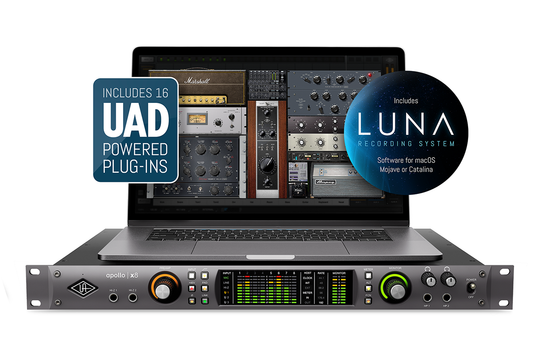

![Universal Audio Apollo x8 [Heritage Edition] + SPHERE L22 Microphone](http://jubalstore.com/cdn/shop/products/NewSpherefreeHomebannerma-1200x800_c928e480-006d-4db0-9358-86635f750297.jpg?v=1671089956&width=533)
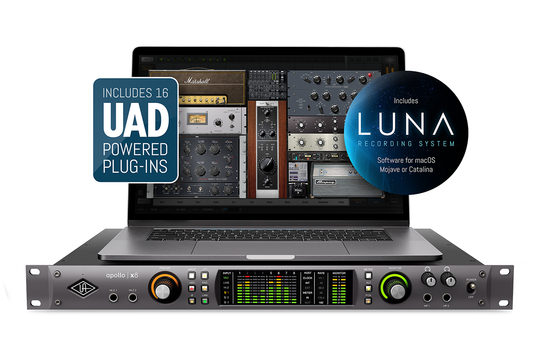
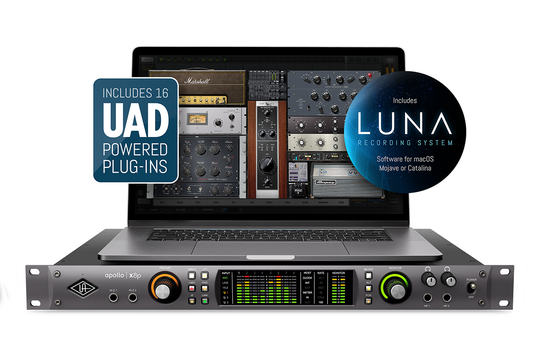


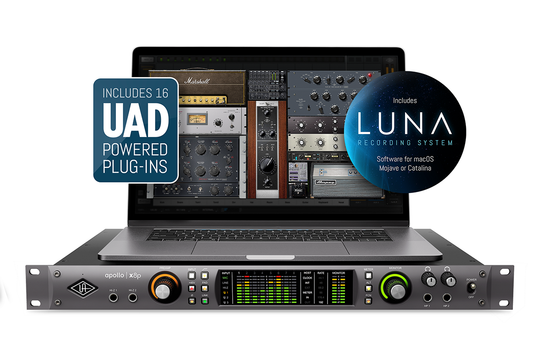

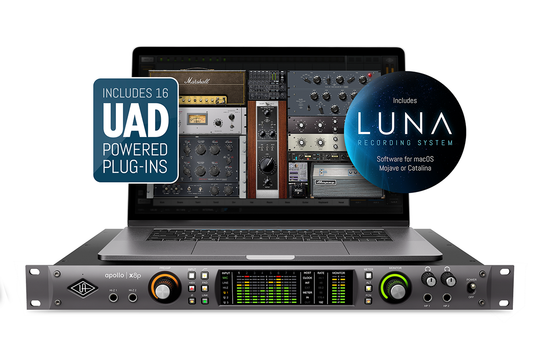
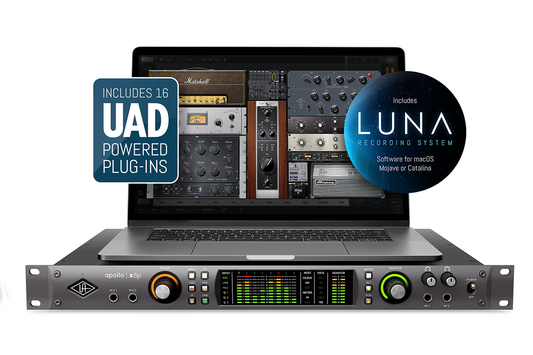



![Universal Audio Apollo x8P [Heritage Edition] + SPHERE L22 Microphone](http://jubalstore.com/cdn/shop/products/NewSpherefreeHomebannerma-1200x800_181f52dd-f6f8-43ef-917a-85c298f0997a.jpg?v=1671264124&width=533)
